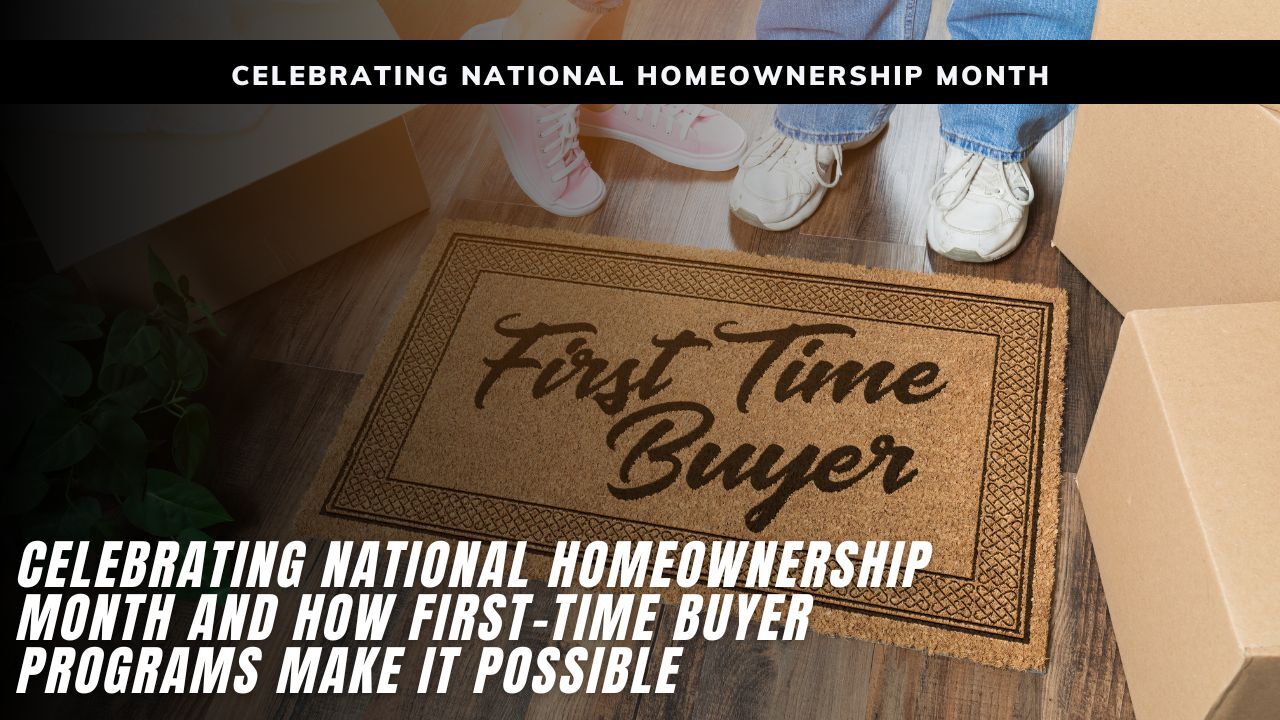The Psychology of Homebuying and Emotions vs. Financial Logic
 Buying a home is not just a financial decision, it is an emotional one too. For many people, homeownership represents stability, success, and personal freedom. Whether it is the excitement of finding your dream kitchen or imagining holidays with family, emotions naturally come into play. These feelings can create a strong connection to a property and often influence the decisions buyers make, sometimes even more than logic does.
Buying a home is not just a financial decision, it is an emotional one too. For many people, homeownership represents stability, success, and personal freedom. Whether it is the excitement of finding your dream kitchen or imagining holidays with family, emotions naturally come into play. These feelings can create a strong connection to a property and often influence the decisions buyers make, sometimes even more than logic does.
Why Emotions Often Drive Decisions
When touring homes, buyers may be swayed by how a space makes them feel rather than what fits their budget or long-term needs. It is easy to fall in love with a charming entryway or beautiful backyard and overlook less visible but important details like the age of the roof or the neighborhood s future growth. Emotions can also cause buyers to rush decisions or engage in bidding wars that push them over budget.
Balancing Heart and Head
While emotions are a natural part of the process, financial logic should not be ignored. It is important to create a budget before you start house hunting and stick to it. This includes factoring in monthly payments, property taxes, maintenance, and insurance. A home that feels perfect today might become a burden if it stretches your finances too far. Staying grounded in what you can realistically afford helps prevent regret after the keys are in your hand.
The Role of Pre-Approval and Planning
Getting pre-approved for a mortgage is one of the best ways to set realistic expectations and bring logic into the process early. Knowing your price range helps you avoid falling in love with homes that are out of reach. Working with a trusted mortgage advisor can also help clarify how much you are truly comfortable spending, not just what you qualify for on paper.
Using a Real Estate Agent as a Neutral Guide
An experienced real estate agent can act as a buffer between your emotions and your financial goals. They can point out pros and cons that might be overlooked in the excitement of a showing. A good agent understands the psychology of homebuying and helps you stay focused on your priorities, even when your heart wants to lead the way.
Taking a Pause to Reflect
If you find yourself emotionally attached to a property, take a step back and revisit your list of must-haves and nice-to-haves. Ask yourself if the home truly aligns with your lifestyle and goals. Sometimes taking a night to think before making an offer can provide the clarity you need to make a confident decision.
Smart Homebuying Is About Balance
The best homebuying decisions come from a balance of emotion and logic. It is okay to fall in love with a home, but make sure your heart and budget are aligned. Buying a home is a big step, and approaching it with both excitement and a clear financial plan sets you up for long-term happiness.

 June is National Homeownership Month, a time to celebrate the dream of owning a home and spotlight the many programs designed to help first-time buyers turn that dream into reality. For many Americans, the biggest challenge to buying a home is coming up with the funds for a down payment or qualifying for a loan. Fortunately, there are a wide variety of mortgage options and assistance programs available to make homeownership more achievable.
June is National Homeownership Month, a time to celebrate the dream of owning a home and spotlight the many programs designed to help first-time buyers turn that dream into reality. For many Americans, the biggest challenge to buying a home is coming up with the funds for a down payment or qualifying for a loan. Fortunately, there are a wide variety of mortgage options and assistance programs available to make homeownership more achievable. Purchasing a home that needs renovations or upgrading your current home can be costly, but financing home improvements through your mortgage can be an effective solution. Instead of taking out a separate loan for renovations, some mortgage programs allow you to roll the cost of home improvements into your home loan at closing. This strategy can help you spread renovation costs over time while securing a potentially lower interest rate compared to personal loans or credit cards.
Purchasing a home that needs renovations or upgrading your current home can be costly, but financing home improvements through your mortgage can be an effective solution. Instead of taking out a separate loan for renovations, some mortgage programs allow you to roll the cost of home improvements into your home loan at closing. This strategy can help you spread renovation costs over time while securing a potentially lower interest rate compared to personal loans or credit cards.